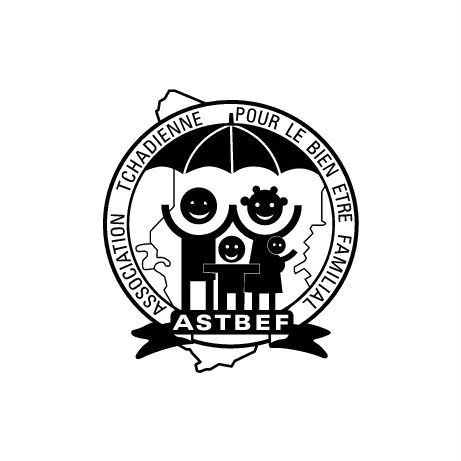

| 31 March 2016
Association Tchadienne pour le Bien-Etre Familial
When the Association Tchadienne pour le Bien-Être Familial (ASTBEF) was formed in 1991, no one was under any illusions that it was faced with an almost impossible task as the international indices for sexual and reproductive health (SRH) demonstrate. Some suggested that it would be overwhelmed and would simply not survive. Over 20 years down the line, the organisation is thriving, thanks in large part to an immensely committed team of staff, over 1,000 volunteers, peer educators, and a strong youth action movement. The organisation runs static clinics and a number of mobile operations which offer voluntary counselling and testing (VCT) for HIV, post-abortion care, antenatal and post-natal care, treatment of opportunistic infections, treatment of male and female infertility, pre-marital counselling, and advocacy against harmful cultural practices such as female genital mutilation and gender based violence. ASTBEF has made a considerable impact on the country’s SRH activity by integrating family planning with maternal and infant health, HIV and AIDS services, and youth-friendly education programmes and service provision. ASTBEF works in partnership with the government’s Global Fund National Coordination Council, and the High Commission for Population and Human Resources National Reproductive Health Programme Supporting Committee. Non-governmental organisation (NGO) links include the Comité d’information et de liaison and the Organisation des Acteurs non Etatiques (OANET). Private sector partners include PPFAI, NACA, HAPAC, SFH, The Central Bank of Nigeria, CAP Plc, and Nigeria Breweries, and donors who support ASTBEF’s work include UNFPA, UNICEF, PNUD, Médecins du Monde, the US Embassy, PSR, GTZ, the Ministry of Social Action and Family Affairs.

| 31 March 2016
Family Planning Association of Nepal
Established in 1959, the Family Planning Association of Nepal (FPAN) first joined IPPF in 1960 and become a full Member Association in 1969. When it was established, the idea of family planning was considered inimical to religious, cultural and social norms. With the institution of a government Maternal and Child Health Division in 1969, FPAN began to supplement and complement the national health and population programmes. Target populations include injecting drug users (IDUs), lesbian, gay, bi-sexual, trans-sexual and intersex (LGBTI) individuals, people living with HIV (PLHIV), survivors of gender-based violence (GBV) and trafficked returnees and refugees. FPAN serves these populations through an extensive network of 2,750 service points, comprising 127 static clinics, 116 mobile facilities, 184 associated clinics, 543 other agencies, and over 2,000 community-based distributors/services (CBDs/CBSs). Key areas of emphasis include adolescents' sexual and reproductive health, HIV and AIDS prevention and treatment, safe abortion, advocacy for sexual and reproductive health and rights (SRHR), the prevention of gender-based violence (GBV) and support for its victims, and the promotion of access to sexual and reproductive health (SRH) information and services to marginalized and under-served groups. With the dedicated backing of 450 full-time professional staff, 1000 community counsellors, 4000 peer educators and 11,000 grassroots volunteers, FPAN has the capacity to mobilize on a large scale, and with the support of over 20 governmental departments, non-governmental organizations (NGOs) and foundations, it has a secure funding base to maintain and expand its comprehensive programme of activities. Contacts Website: www.fpan.org







